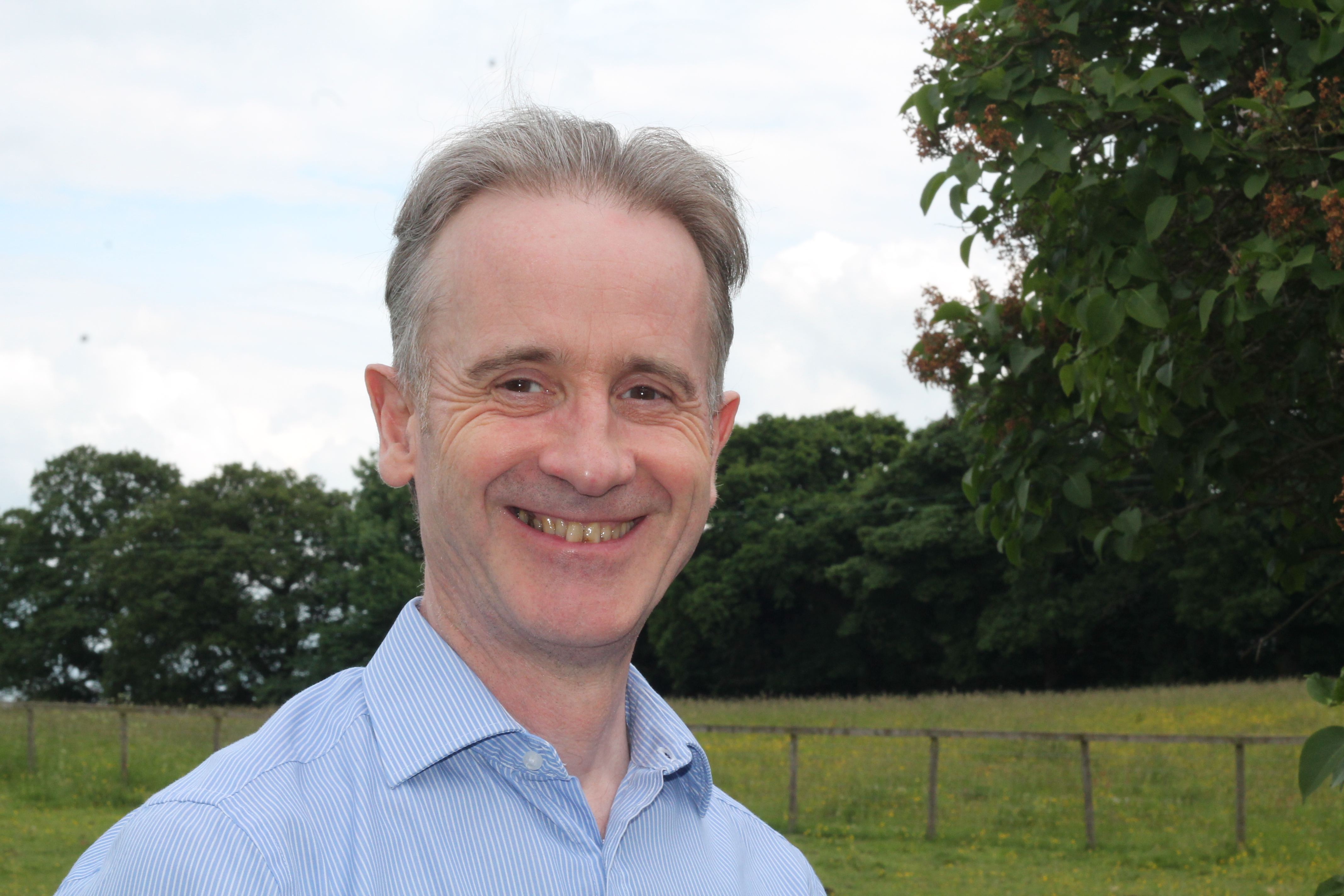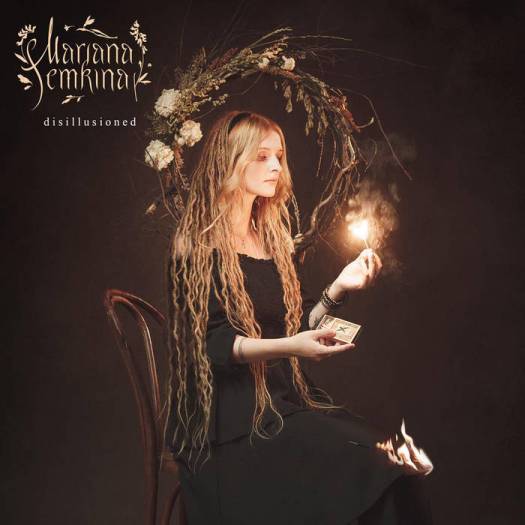
According to the Collins English Dictionary, a moonflower is:
‘any of several night-blooming convolvulaceous plants, especially the white- flowered Calonyction (or Ipomoea) aculeatum.‘

But the new single from the Dutch gothic metal band Blackbriar (featuring singer songwriter Marjana Semkina who is also a member of iamthemorning), uses the moonflower not in its literal sense but in its poetic sense, associated with mystery and romantic love,
‘Beautiful moonflower/Wandering under the night sky…Mystical sleepwalker…’
Zora Cock, Blackfriar’s vocalist, quoted by Ghost Cult magazine, says this about the new single,
‘‘Moonflower’ tells a love story between a female vampire and a mortal girl and transports you to a bygone era where darkness and desire intertwine. It’s inspired by the 19th-century gothic novel Carmilla, a timeless story that predates even the infamous Dracula.‘
Carmilla, by the Irish author Sheridan Le Fanu, was published in 1872, and Bram Stoker (also Irish) published Dracula 25 years later in 1897. Le Fanu’s novella is narrated by Laura, 19 years old at the time of the story, who lives in a schloss (‘castle’) in Styria, Austria with her father. Carmilla appears at the schloss following a carriage accident as a teenager who is the same age as Laura. In fact [spoiler alert] Carmilla, also known as Countess Mircalla, died 150 years before the events of the story and became a vampire, preying on young women such as Laura and Bertha. The latter is the niece of General Spielsdorf, who tells Bertha’s story to Laura and her father to their increasing horror. Le Fanu’s story is notable for creating the prototype of the lesbian vampire. The novella gradually and subtly introduces the themes of lesbianism and vampirism, so that we share Laura’s creeping realisation of Carmilla’s true nature.
When Laura is six, a ‘very pretty young lady’ appears at the side of her bed, caressing her back to sleep until she is awoken by the sensation of ‘two needles running into my breast very deep at the same moment’. The needles don’t leave any physical marks, although Laura is haunted by the incident. Much later in the novel, a minor character remarks that Carmilla, ‘has the sharpest tooth…like a needle.’ When Carmilla arrives at the schloss, now in her late teens, the two young women realise that they first met 12 years earlier – Carmilla says she saw Laura ‘in a dream’, but Laura is unsure whether it was a dream or reality, ‘Twelve years ago, in a vision or reality, I certainly saw you. I could not forget your face.’
The two young women quickly become fast friends, but there is an undercurrent of fear and disgust in the way Laura views Carmilla, perhaps sensing Carmilla’s true nature, ‘I did feel drawn towards her, but there was something of repulsion…however, the sense of attraction immensely prevailed…she was so beautiful and so indescribably engaging.’ As the story progresses, it appears that Carmilla is beginning to treat Laura more as a lover than a friend,
‘…my strange and beautiful companion would take my hand and hold it with a fond pressure, renewed again and again; blushing softly, gazing in my face with languid and burning eyes, and breathing so fast that her dress rose and fell with the tumultuous respiration. It was like the ardour of a lover; it embarrassed me…’
But beneath Carmilla’s ardent and attractive exterior, there’s a much darker creature, as described by Bertha’s uncle,
‘…I saw a large black object, very ill-defined, crawl…over the foot of the bed, and swiftly spread itself up to the poor girl’s throat, where it swelled, in a moment, into a great palpitating mass.’

The video for the Moonflower single concentrates on the early part of the relationship between Laura and Carmilla, although neither character is named. It was filmed at a schloss that evokes the setting of Carmilla, Dussen Castle in the Netherlands. Cock plays Laura, and Semkina plays the sleepwalking Carmilla, (the ‘mystical sleepwalker’ in the song). References to vampirism include a little blood trickling down from the side of Carmilla’s mouth, and her kissing Laura on the neck. The lesbian inferences are relatively subtle, as they are in the original book.
In the lyrics to the song, there are other specific references to the book, including the shared ‘childhood dream’ of the two protagonists. The words ‘ardour of a lover’ are taken directly from the book, from the passage quoted above. Carmilla whispering in Laura’s ear relates to Carmilla’s ‘murmured words [which] sounded like a lullaby in my ear’,
‘With the ardour of a lover/You whisper in my ear’
Carmilla is also seen walking in the moonlight in the book, ‘how beautiful she looked in the moonlight.’ And Laura’s father is convinced that Carmilla sleepwalks at night. The song adds dark humour to the possibility of vampirism, ‘I promise I won’t bite.’ And vampirism and lesbianism are combined in the suggestion that ‘you could lay in my garden forever.’ This combines the fact that vampires are immortal with the sexual imagery of a garden that dates back to temptation in the Garden of Eden and the Biblical Song of Songs, ‘Let my beloved come into his garden/And eat its choicest fruits.’ (Song of Solomon 4:16)
Musically, the single is a perfect match for the video and the book. The two women’s voices are similar, but subtly different, suggesting the close relationship between the two young women in the book. Instrumentally, the song has the same compelling mix of heavy metal riffs and symphonic rock, combined with strong vocal melodies, which made last year’s Blackbriar album A Dark Euphony so compelling. Moonflower can be streamed as an individual track, but physical copies include two extra tracks – a powerful instrumental version and a gorgeous a cappella version in which the two voices, drenched in echo, sound beautiful together.
Moonflower is out now. Blackbriar tour North America with Black Beast in May and early June 2024 and will be supporting Kamelot on their European tour in October. They then tour the UK in November 2024, playing in Wolverhampton (1st) London (2nd) and Manchester (3rd). Marjana Semkina’s second solo album Sirin is out on 31 May 2024.



